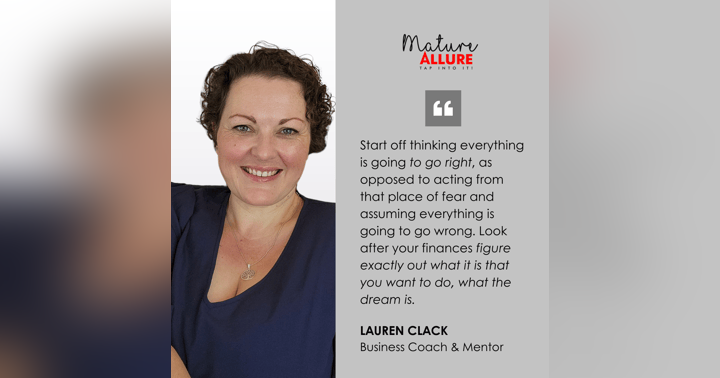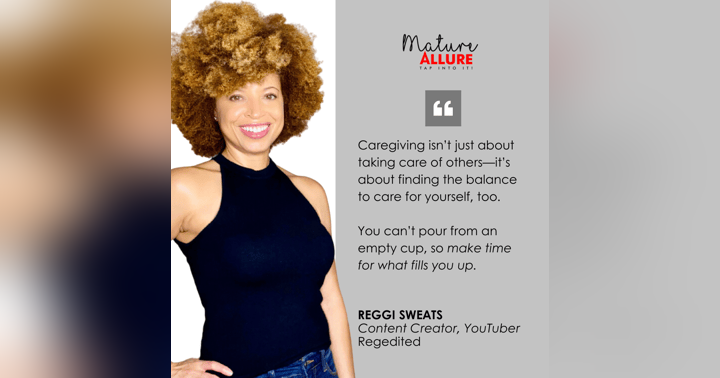Everything You Need to Know About Cholesterol

By Stephanie Chilton -
Do you know your cholesterol levels? September is National Cholesterol Education Month. Cholesterol can be a daunting topic, so here is everything you need to know.
What is cholesterol anyway?
Cholesterol is a fatty, waxy substance that's carried around your body by small, round particles called lipoproteins. There are two types of lipoproteins:
- Low-density lipoprotein (LDL)
- High-density lipoprotein (HDL)
There are also triglycerides which is fat (unused calories) in your blood that your body uses for energy,
Is all cholesterol bad?
Actually no. Our bodies need cholesterol to make healthy cells. What really matters is the level of cholesterol and the balance of LDL, HDL, and triglycerides.
High levels of LDL and/or triglycerides can cause a buildup of fatty deposits in your arteries, hardening of the arteries or thickening of the artery walls. HDL carries cholesterol and fatty deposits away to be flushed out by the liver. This is a simplistic but useful representation. For a more complex explanation see Harvard Health’s knights in shining armour analogy.
Why does it matter?
If fatty deposits build up in your arteries this can cause high blood pressure, heart attack, and stroke.
Who is most at risk?
High cholesterol has no symptoms. The only way to know if you have a good cholesterol balance is to get tested. The CDC recommends that healthy adults get tested every 4-6 years. If you have heart disease, diabetes, or a family history of high cholesterol then you should get tested more often.
There can be a genetic link for high cholesterol but lifestyle also has a huge impact.
What can you do about it?
In other words, how can you raise your HDL levels and lower your LDL and triglyceride levels?
- Have regular checkups - knowing your levels can motivate you and help you to see the impact of any changes that you make.
- Always follow medical advice - the Mayo Clinic provides a useful guide to the solutions your doctor might suggest.
- Lose weight and inches from your waist - just a 5-10% reduction has been shown to significantly improve cholesterol levels.
- Eat a healthy, balanced diet - prioritize fruit, vegetables, whole grains, and beans, avoiding trans fats and minimizing saturated fats.
- Regular exercise - the Mayo Clinic recommends at least 30 minutes of activity per day.
- Revisit season 1 episode 12 to explore the benefits of pilates, or season 4 episode 15 to learn how you could achieve peak fitness over 40.
At Mature Allure we believe that the wisdom you’ve gained over the years is your greatest asset and should be shared with the world. Have you successfully improved your cholesterol results? Inspire others by letting us know in the comments how you did it.








